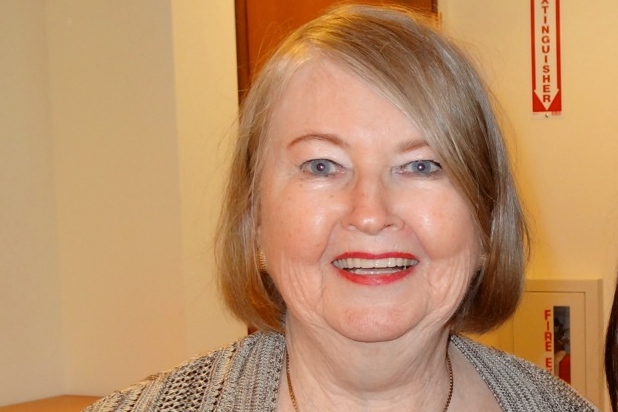By the Book: 'Only You' by Eileen Obser Resonates with '50s Girls

Only You (Oak Tree Books), a memoir by 72-year-old Eileen Obser, who was married at 18—engaged at 17—will resonate especially with those who grew up in a middle-class suburb in the late ’50s, went to Catholic school, hung out with the local candy store crowd, played at sex—though never going all the way—with neighborhood guys who were known to families and friends.
Such good girls slipped into marriage because it was the thing to do. High school was over and marriage was a way to get out of the house and be somebody (a wife, a mother). Good girls, and Eileen was more church-going than most, lost their virginity only on their wedding night, but they did get exotic honeymoons and would start households not far from home. College? No way, even if the brides wanted it. They had gone to secretarial schools and appropriate jobs would follow, until children. .
Though the title “Only You” comes from a song by The Platters and reflects the affect of pop music on such lives in the late ’50s and early ’60s, as Eileen matures, consoling literary references join the songs and biblical quotations she invokes, but by then, it’s too late. She cannot have sex, and soon her physical pain is augmented by emotional distress. Belatedly, she gets herself to a doctor who treats her for an enlarged hymen, but her beloved “man” now cares more about going out drinking, than sex, at least with her. The unconsummated marriage unravels, but not before Eileen acknowledges in nicely segued flashbacks that she always had doubts about her feelings for Billy since she met him at 14. Where was the passion the songs promised?
Obser, a graduate of the MFA in Creative Writing and Literature program at Stony Brook Southampton and a published writer and workshop leader writes well, in dialogue-inflected prose that’s simple, direct and movingly honest, never self-pitying. Although some sections on the relatives and friends go on too long, and the family photos are blurred, “chances are” you’ll find much to admire in this evocation of a time when “Love and Marriage” were said to go together like a horse and carriage. But remember who popularized that one!



